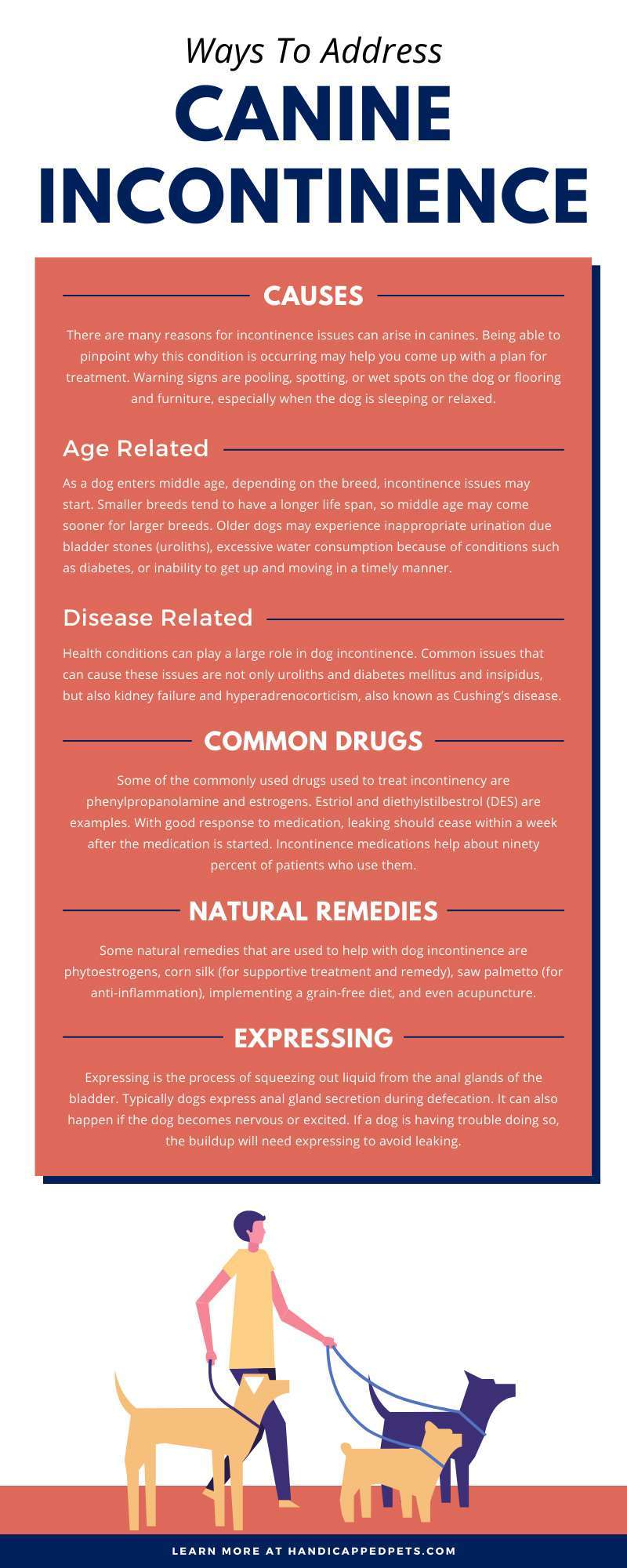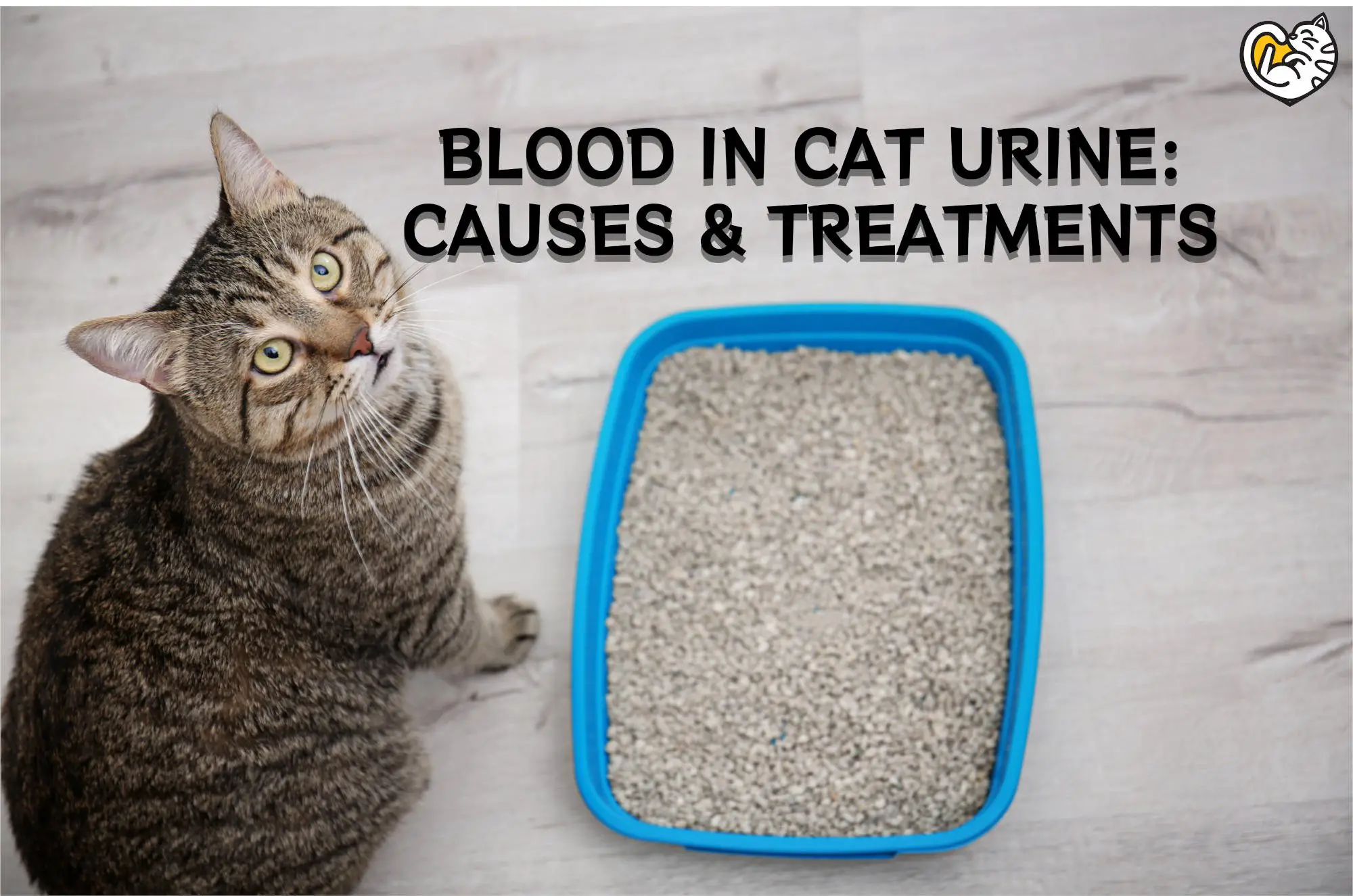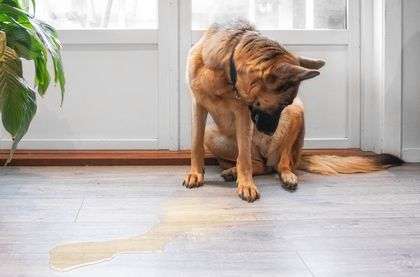Key Takeaways:
- Leaking urine in dogs, also known as urinary incontinence, is a common problem that can affect both male and female dogs of all ages.
- It is important to distinguish between true urinary incontinence and behavioral issues such as marking or submissive urination.
- Possible causes of urinary incontinence in dogs include hormonal imbalances, urinary tract infections, bladder stones, nerve damage, and anatomical abnormalities.
- Treatment options for leaking urine in dogs may include medication to strengthen the muscles around the bladder, hormone replacement therapy, surgery to correct anatomical issues, or managing underlying medical conditions.
- If your dog is experiencing leaking urine, it is recommended to consult with a veterinarian for proper diagnosis and appropriate treatment options.
Are you a dog owner who's noticed your furry friend leaking urine? Don't worry, you're not alone! Understanding the topic of leaking urine in dogs can provide valuable insights into your pet's health and well-being. Imagine being able to identify the signs, causes, and potential solutions to this issue. By delving into this subject, you'll gain the knowledge needed to address any concerns and ensure your dog's comfort. Plus, did you know that up to 20% of dogs will experience urinary incontinence at some point in their lives? With such a high prevalence, it's essential to understand this topic and take proactive steps towards resolving it. So, let's explore the world of leaking urine in dogs together and empower ourselves as responsible pet owners.
What causes dogs to leak urine and why does it happen?
When a dog leaks urine, it means that they are unintentionally releasing urine without being able to control it. This can happen for various reasons. One common cause is a weak or dysfunctional urinary sphincter, which is the muscle responsible for holding urine in the bladder. When this muscle is not working properly, urine may leak out. Another possible cause is urinary tract infections, which can irritate the bladder and lead to leakage. In some cases, hormonal imbalances or neurological issues can also contribute to urine leakage in dogs.
To determine the underlying cause of urine leakage in a dog, it's important to consult with a veterinarian. They will be able to perform necessary tests and examinations to identify any medical conditions or factors contributing to the problem.
Common Causes of Urine Leakage in Dogs:
- Weak or dysfunctional urinary sphincter
- Urinary tract infections
- Hormonal imbalances
- Neurological issues
The Role of the Urinary Sphincter:
The urinary sphincter is a muscular valve that controls the flow of urine from the bladder. When functioning properly, it keeps the urethra closed and prevents urine from leaking out until the dog intentionally urinates. However, if the sphincter weakens or malfunctions, it may result in involuntary urine leakage.
The Impact of Urinary Tract Infections:
A urinary tract infection (UTI) occurs when bacteria enter and multiply within the urinary system. UTIs can irritate the bladder lining and cause inflammation, leading to an increased urge to urinate and potential leakage.
Signs that your dog may be leaking urine and how to recognize them
Common signs of urine leakage in dogs
If you suspect that your dog may be experiencing urine leakage, there are several signs to look out for. One common sign is the presence of wet spots or puddles where your dog has been lying or sitting. You may also notice a strong odor of urine around your dog or in their bedding. Additionally, some dogs may constantly lick their genital area or have damp fur around their hindquarters.
How to recognize urine leakage in dogs
Recognizing urine leakage in dogs can sometimes be challenging, as it can easily be mistaken for other issues such as excessive drinking or accidents. However, if you notice any of the signs mentioned above persistently, it's important to consult with a veterinarian. They will be able to perform a thorough examination and conduct tests to determine if your dog is indeed experiencing urine leakage.
Tips for recognizing urine leakage:
- Pay attention to any changes in your dog's bathroom habits
- Observe if there are wet spots or puddles where your dog has been resting
- Take note of any unusual odors coming from your dog's genital area
- Monitor if your dog is excessively licking their genital area
Remember, early detection and proper diagnosis are crucial in addressing urine leakage in dogs and ensuring their overall well-being.
Are certain dog breeds more likely to experience urine leakage?
Certain dog breeds may be more prone to experiencing urine leakage due to various factors such as genetics, anatomy, or predisposition to certain medical conditions. While any breed can potentially develop this issue, some breeds have a higher likelihood than others.
Breeds commonly associated with urine leakage:
1. Boxers: Boxers are known for having weak bladder muscles, which can lead to urine leakage.
2. Bulldogs: Due to their short and stocky build, Bulldogs may be more susceptible to urinary incontinence.
3. Doberman Pinschers: This breed is often prone to hormonal imbalances that can contribute to urine leakage.
4. Dalmatians: Dalmatians may experience urine leakage due to a genetic predisposition to bladder stones or urinary tract issues.
It's important to note that while these breeds may have a higher risk, any dog can develop urine leakage regardless of their breed. If you have concerns about your dog's urinary health, consult with a veterinarian for proper evaluation and guidance.
Common medical conditions that can lead to urine leakage in dogs
There are several medical conditions that can contribute to urine leakage in dogs. These conditions can affect the bladder, urethra, or other parts of the urinary system, leading to involuntary release of urine. It's essential to identify and address these underlying conditions in order to effectively manage and treat urine leakage.
Medical conditions associated with urine leakage:
1. Urinary tract infections (UTIs): UTIs can cause inflammation and irritation of the bladder, leading to urine leakage.
2. Bladder stones: The presence of bladder stones can obstruct normal urination and result in urine leakage.
3. Hormonal imbalances: Certain hormonal imbalances, such as low estrogen levels in spayed female dogs, can weaken the muscles controlling urination and cause urine leakage.
4. Neurological disorders: Conditions affecting the nervous system, such as spinal cord injuries or degenerative diseases, can disrupt normal bladder function and lead to urine leakage.
If you suspect that your dog may be experiencing urine leakage due to an underlying medical condition, it's crucial to seek veterinary care promptly. A veterinarian will be able to diagnose the specific condition through physical examination, laboratory tests, or imaging studies, and recommend appropriate treatment options.
Treatment options for dogs with urine leakage
The treatment approach for dogs with urine leakage depends on the underlying cause and severity of the condition. Once a veterinarian has diagnosed the specific issue, they will develop a tailored treatment plan to address the root cause and manage the symptoms.
Treatment options for urine leakage in dogs:
1. Medications: In some cases, medications such as hormone replacements or antibiotics may be prescribed to treat underlying infections or hormonal imbalances contributing to urine leakage.
2. Surgery: Surgical interventions may be necessary to correct anatomical abnormalities or remove bladder stones that are causing urine leakage.
3. Behavioral modifications: Certain behavioral techniques, such as scheduled bathroom breaks and positive reinforcement training, can help manage urine leakage in dogs.
4. Protective garments: For dogs with more severe cases of urine leakage, specially designed diapers or belly bands can provide temporary relief and prevent messes.
It's important to follow your veterinarian's recommendations closely and attend regular check-ups to monitor your dog's progress. With proper treatment and management, many dogs with urine leakage can experience significant improvement in their condition.
How to prevent or manage urine leakage in dogs: tips for dog owners
As a dog owner, there are steps you can take to help prevent or manage urine leakage in your furry companion. These tips can contribute to their overall urinary health and minimize the occurrence of involuntary urination.
Prevention and management tips:
- Ensure your dog has regular access to fresh water and encourage them to drink an adequate amount throughout the day.
- Take your dog out for frequent bathroom breaks, especially after meals or periods of rest.
- Maintain a healthy weight for your dog through proper diet and exercise, as obesity can contribute to urinary issues.
- Avoid exposing your dog to potential irritants or toxins that can affect their urinary system.
- Follow your veterinarian's recommendations for vaccinations and preventive care to minimize the risk of infections or other urinary conditions.
By implementing these tips and providing a supportive environment, you can help reduce the likelihood of urine leakage in your dog and promote their overall well-being. Remember, if you notice any signs of urine leakage or have concerns about your dog's urinary health, consult with a veterinarian for proper evaluation and guidance.
In conclusion, dogs may leak urine due to various reasons such as age, medical conditions, or behavioral issues. It is important for dog owners to observe any changes in their pet's bathroom habits and consult a veterinarian for proper diagnosis and treatment.
Why is my dog suddenly leaking urine?
What are the causes of urinary incontinence in dogs? There are various reasons why pets may experience incontinence, such as abnormalities in the brain and spinal cord that regulate bladder function, congenital defects, and illnesses. Additionally, as pets get older, they may become incontinent due to weakened bladder muscles.
How do I treat my dogs urine leakage?
Male dogs with urinary incontinence can be prescribed testosterone as a treatment. Phenylpropanolamine is used to address a weak urethral sphincter. In situations involving bladder stones and congenital abnormalities, surgery may be recommended by the veterinarian. Surgical intervention is particularly necessary when medication alone does not resolve the issue.
Why is my dog leaking urine while resting?
Dogs that have legitimate urinary or urethral incontinence may urinate while they are resting or sleeping without any apparent reasons. If a relaxed or sleeping dog is unable to control their bladder, it is usually a indication of an underlying problem, such as incontinence related to age, urinary tract infections, or diabetes.
When should I worry about dog incontinence?
Signs of senior dog incontinence include wet patches on bedding, damp legs (especially for long-haired breeds), and a persistent smell of urine on the dog or their bedding. These symptoms may indicate the development of a problem.
How do you tell if a dog has a UTI?
Symptoms of a urinary tract infection in dogs include struggling to urinate, experiencing pain or discomfort when attempting to urinate, and possibly having blood or discharge in their urine. These signs indicate that your dog is experiencing some kind of issue.
What do vets give dogs for incontinence?
What is phenylpropanolamine? Phenylpropanolamine is a medication that is used to treat urinary incontinence caused by weak muscle tone in the urethral sphincter. It goes by various brand names such as Proin, Propalin, Cystolamine, Uricon, and Uriflex-PT. It is classified as a sympathomimetic drug.

















